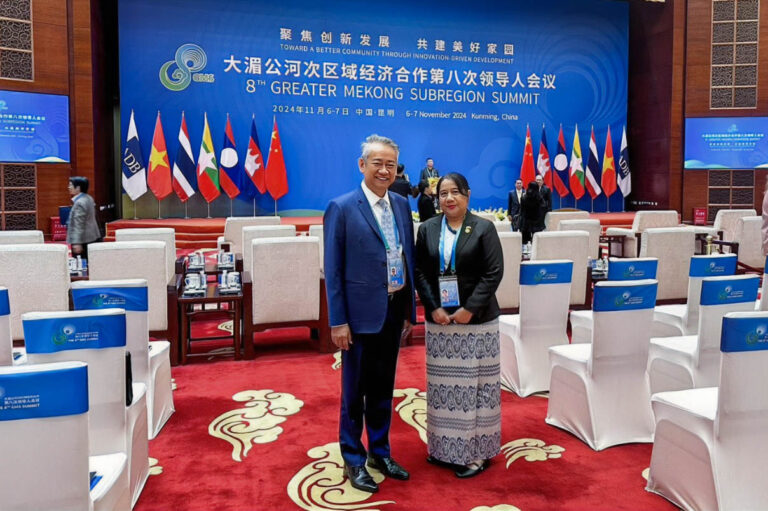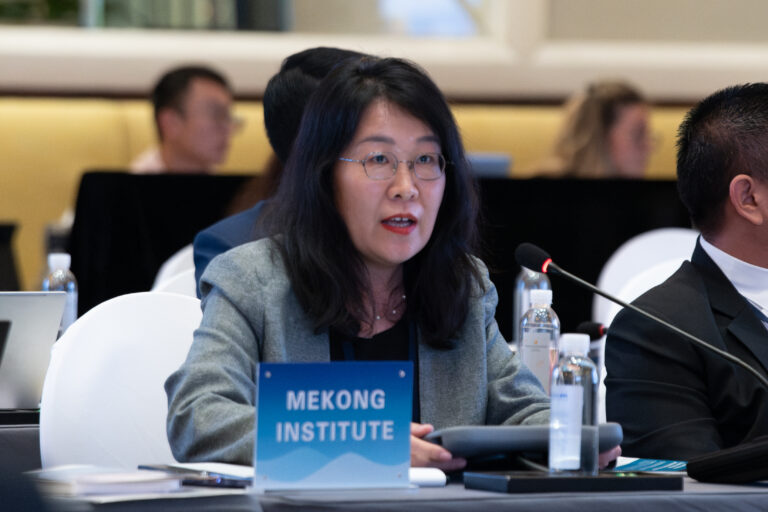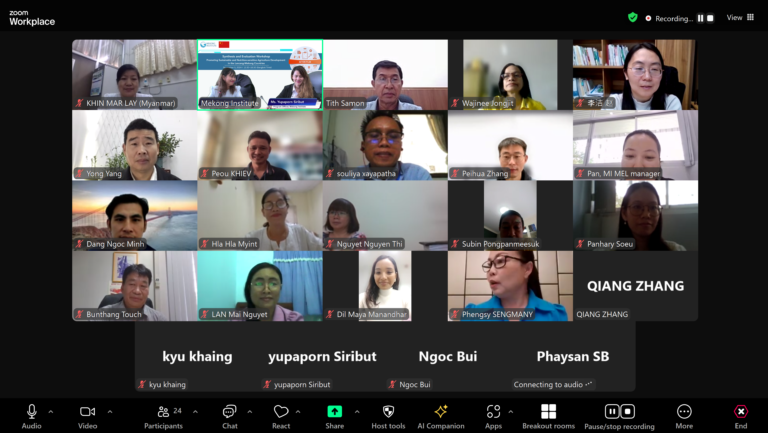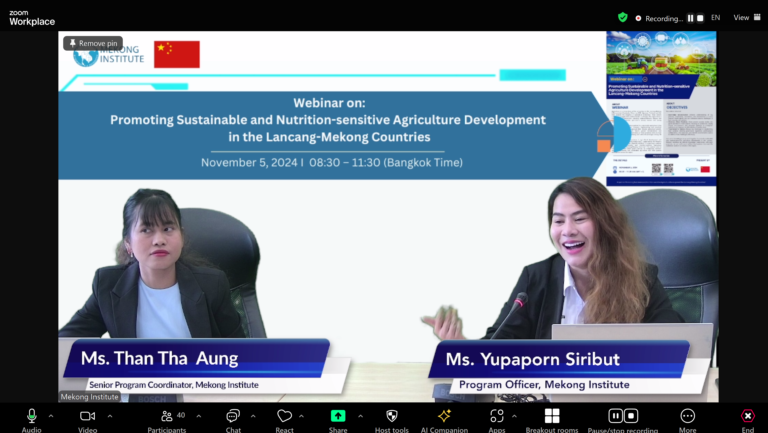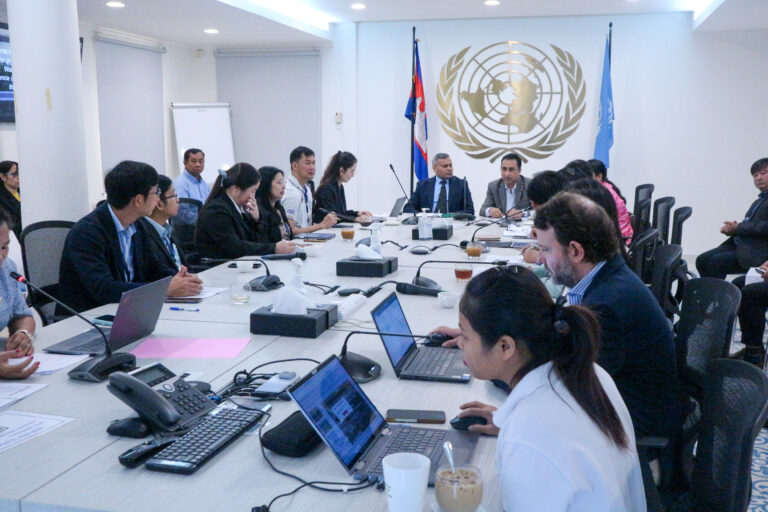Mekong Institute (MI) is hosting the Regional Consultation Workshop on The GMS Transport Information Connectivity from April 19 until 21 in Khon Kaen, Thailand. The three-day event aims to address the interdependent network of transport, trade, and tourism in the region. The Government of the People’s Republic of China partnered with MI to focus on the key aspects of integrated regional transport information network for the GMS.
Mr. Li Hong, Permanent Representative of P.R. China to UNESCAP, highlighted the GMS’ great potential to better serve its members; underlining China’s support and cooperation for a more equitable progress within the region. He also stressed that MI’s initiatives continue to build partnerships and strengthen communities.
The consultation provides a platform for discussion and formulation of policy and technical solutions between the participants, as facilitated by MI technical experts.
Twenty-five national representatives including senior government officials from Government Ministries and/or Departments in Transport, Information and Communications, as well as transport and logistics experts and researchers from Cambodia, P.R. China, Lao PDR, Myanmar, Thailand, and Viet Nam were invited to participate and share their expertise as well as experiences from their respective countries.
In detail, the consultation highlights the following objectives:
• Provide an overview of the need, importance and current status of transport connectivity in GMS emphasizing the significance of transport information system in GMS;
• Share country experience in development and management of the transport information system to determine current transport and connectivity information status, sources, data needs and gaps etc.;
• Define methodological approach for developing the GMS transport information connectivity system by identifying data types, availability and sources; and
• Seek cooperation among the GMS countries in sharing information on transport connectivity for developing the GMS transport information connectivity system.
It will also emphasize the role of information and communications strategy that supports the development of the transport and logistics sector, and addresses the national transport connectivity status and information needs. This will also provide an assessment of the feasibility of the GMS Transport Information Connectivity (GTIC) project and provide inputs for the project’s design.



